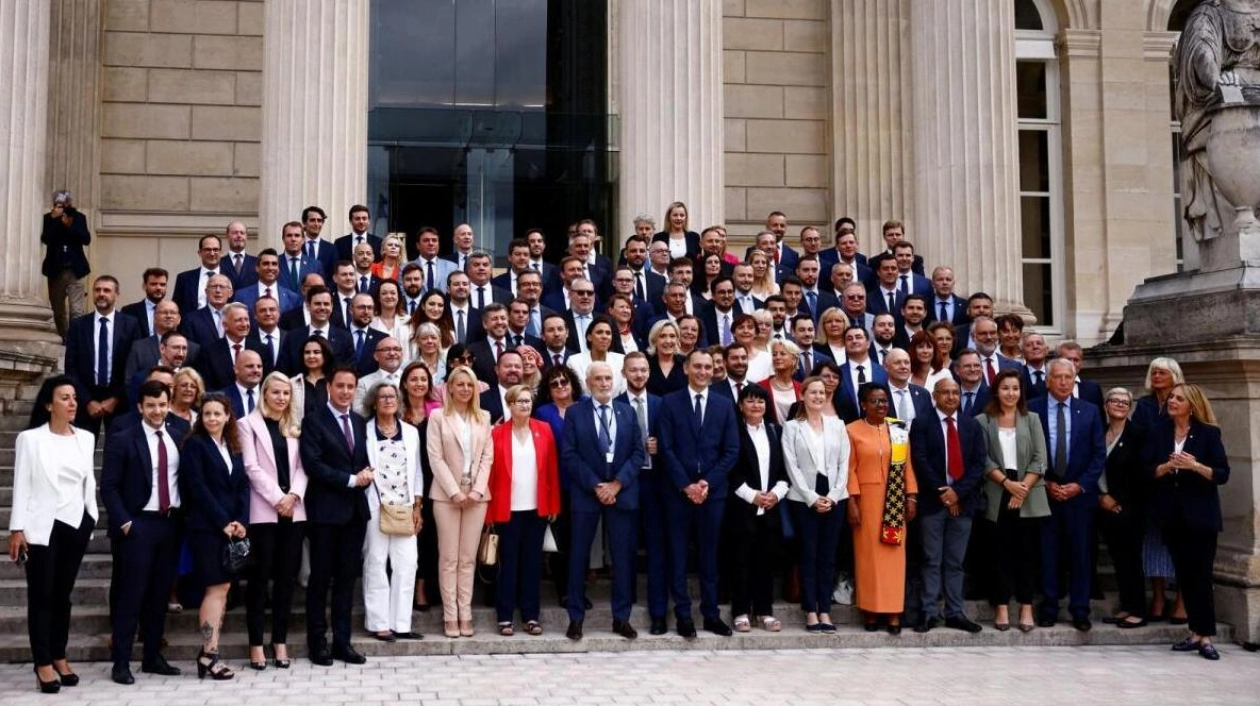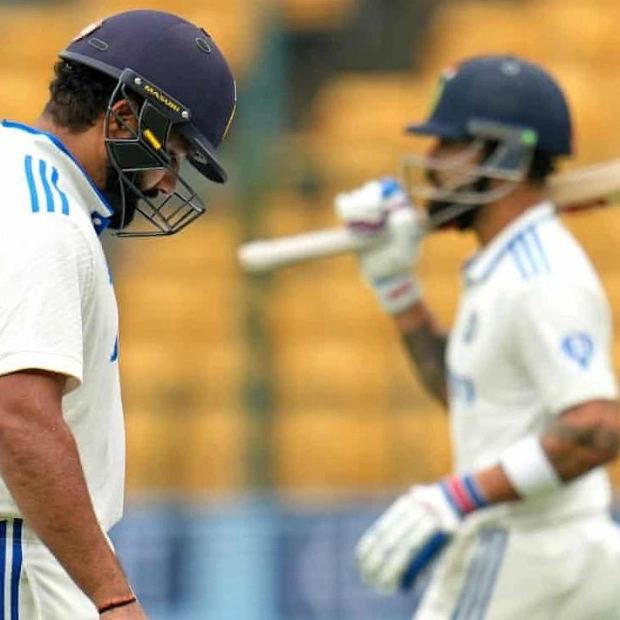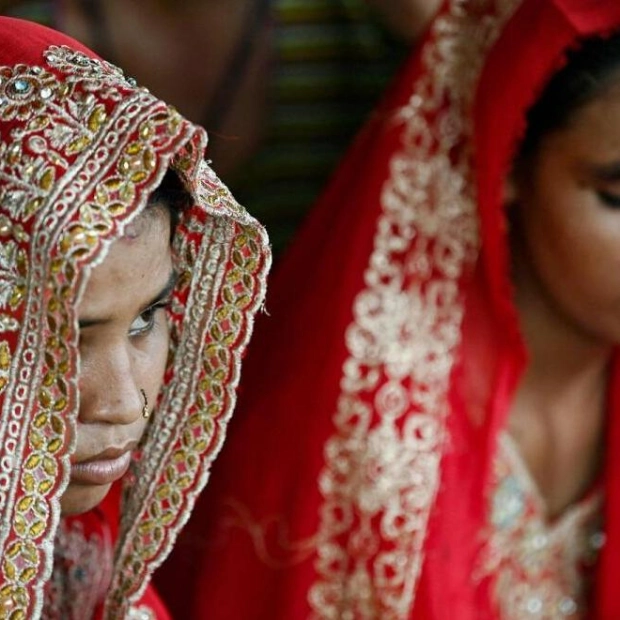France's left-wing alliance and President Emmanuel Macron's centrist bloc are locked in a fierce contest to assemble their respective bids for government formation. Far-right leader Marine Le Pen pointed the finger at Macron for the current political deadlock on Wednesday. The sudden results of Sunday's snap election, where the leftist New Popular Front (NFP) experienced an unexpected rise but failed to secure an absolute majority, have thrown France into a state of uncertainty, with no clear route to a stable government. Adding to the complexity, leaders within each political camp are divided on which parties to approach for potential alliances. Internal strife within the parties has intensified as members vie for influence in reshaping the political arena disrupted by the snap election. Any government formed, whether leftist, centrist, or a broader coalition, risks being toppled by a no-confidence vote from the opposition if it lacks solid support.
"Today, we are mired in a situation where no one can predict who will become the prime minister or what policies will be implemented for the country," Marine Le Pen stated upon arriving at parliament. Le Pen criticized pre-election agreements that she believes prevented her National Rally (RN) party from gaining power. Macron, whose presidency ends in 2027, initiated the parliamentary vote after his party suffered a defeat by the far right in the EU elections last month, aiming to clarify the political landscape—a goal that has yet to be achieved. "This is, at the very least, not a triumph for Emmanuel Macron," Le Pen remarked. Amidst warnings from rating agencies, financial markets, the European Commission, and France's eurozone partners are closely monitoring the situation to see if the deadlock can be resolved.
Traditionally, Macron would invite the largest parliamentary group to form a government, but the constitution does not mandate this. Potential options include a broad coalition or a minority government, which would legislate on a case-by-case basis through ad hoc agreements. Political sources have revealed to Reuters that phone calls are incessant, with some centrists exploring deals with the conservative The Republicans to sideline the left. "I believe there is an alternative to the New Popular Front," Aurore Berge, a senior lawmaker from Macron's Renaissance group, stated on France 2 TV. "I don't think the French want the NFP's platform to be enacted, nor do they want tax increases." "We are the only ones capable of expanding our base," she added. Meanwhile, leftist leaders emphasized on air that, having led the election, they should lead the government. However, without a consensus on the prime minister, they face increasing competition from the right and center.
Carole Delga from the Socialist Party highlighted that the left alone cannot govern and must reach out to others, but based on the NFP's tax-and-spend program. Others took a more assertive stance. "The NFP holds the largest number of deputies in the National Assembly; it is therefore the NFP's responsibility to form a government... this is what we are working towards," Manuel Bompard from France Unbowed told LCI TV.






